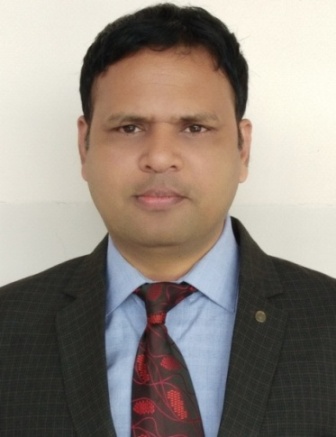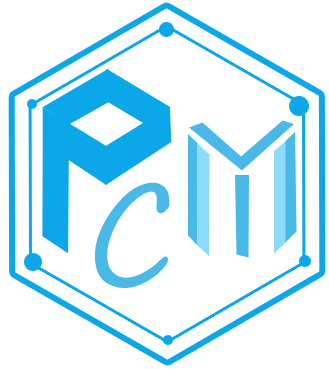Invited Speaker

Ram Sevak Singh
Associate Professor & Coordinator, Department of Physics, OP Jindal University, IndiaSpeech Title: Hydrogen storage in sulphur-doped SiC nanotubes
Abstract: Hydrogen is a clean fuel and environmentally friendly source of energy. It can be utilized in diverse applications, including vehicles, aircraft, portable power to transportation, etc. Therefore, progressive research and development in area of hydrogen storage is ongoing. Nanotubes, having large surface to volume ratio, are attractive materials for hydrogen storage. Besides carbon nanotubes, other non-metallic nanotubes such as silicon carbide nanotube (SiCNTs) have been predicted as potential nanomaterials for hydrogen storage. In this talk, I shall focus on hydrogen adsorption properties of sulphur-doped (S-doped) SiCNTs using first-principles calculations based on density functional theory. The calculated energy band structures, density of states, charge transfer and adsorption energy will be discussed. At the end, the talk would be concluded with future prospects of work in this area.
Biography: Dr. Ram Sevak Singh is currently working as an associate professor in the Department of Physics, OP Jindal University, Raigarh, Chhattisgarth, India. He received his PhD in physics from National University of Singapore, M.Tech. in materials science and engineering from IIT Kharagpur, and MSc in physics from Banaras Hindu University. He also served as an assistant professor in Physics Department, NIT Kurukshetra, India, and as a post-doctoral research fellow in Centre for Nano and Soft Matter Sciences, Bangalore, India, Nanyang Technological University, Singapore, and National University of Singapore. He has also received prestigious NUS Research Scholarship, Singapore, and IETE-CEOT (94) Award (Biennial)-2014, India. He is a member of American Chemical Society, Materials Research Society of India, and the Graphene Council. Dr. Singh has several years of research and teaching experiences in the areas of physics and nanotechnology and has published many research articles in journals of international repute, including ACS Nano, Nano Letters, Carbon, Renewable Energy, and Applied Physics Letters, and book chapters with Wiley and Elsevier. He is also reviewer of several reputed international journals. His areas of interest include materials physics; nanomaterials, including nanotubes, graphene, and other two-dimensional materials; optoelectronic devices; and materials for sensors, corrosion protection, energy conversion, and storage.
